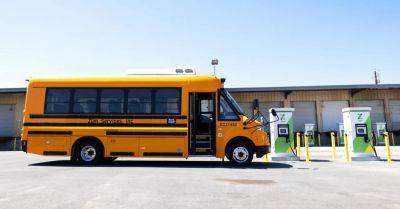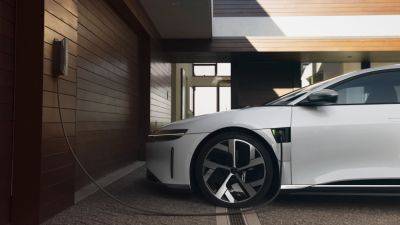From the archive: When American cars swapped muscle for MPG
The car industry’s reaction to the UK’s new zero-emission vehicle mandate hasn’t been positive, not least as some makers are unable to comply – and here we can hear echoes from early-1970s America.
Americans had become acutely aware of environmental damage post-war, primarily through the smog hanging over many major cities, and so it became a key issue in the 1968 US presidential election.
That was won by Republican Richard Nixon, who said in his 1970 state of the union address: “The automobile is our worst polluter of the air. Adequate control requires further advances in engine design and fuel composition. We shall intensify our research, set increasingly strict standards and strengthen enforcement procedures, and we shall do it now.”
Two months later, an astonishing 20 million Americans came out in protest on the inaugural Earth Day.
That December, Nixon signed into federal law a Democrat’s bill, the Clean Air Act, and created the Environmental Protection Agency (EPA) to enforce its requirements.
Already makers were required to cut emissions by 70% from 1967 (these limits set by California) to 1970, and yet the new bill required a 90% reduction in hydrocarbons to 0.41g/mi and in carbon monoxide to 3.4g/mi by 1975, and to 0.41g/mi of nitrogen oxides (NOx) by 1976.
The required technology didn’t yet exist, but that was the point: regulation to spark innovation.
In response, Ford issued this statement: “Some of the changes in this bill could prevent continued production of automobiles after 1 January 1975. Even if they do not stop production, they could lead to huge increases in the price of cars. They could have a tremendous impact on all of American industry and could do irreparable damage to the American economy. And yet, in return for all of this, they would lead to only small improvements in the quality of the air.
“This is not a question of how determined we are to control air pollution from cars, nor is it a question of how much we are willing to spend. No matter how much we spend and how many people we assign to the task, we do not think we can do it by 1975.
“The American automobile industry is now beginning a crucial effort to turn back the rising tide







